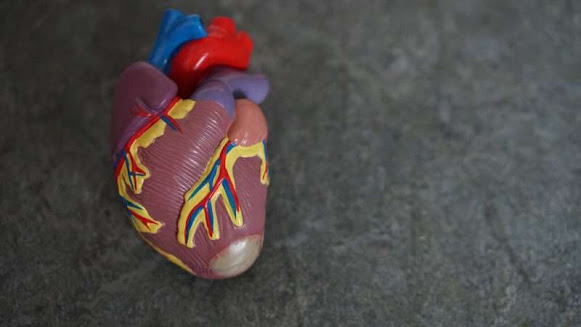New study reveals why HIV remains in human tissue even after antiretroviral therapy
New study reveals why HIV remains in human tissue even after antiretroviral therapy
Because of antiretroviral treatment, HIV contamination is presently not the lifelong incarceration it used to be. However, regardless of the adequacy of medications to oversee and treat the infection, it can never be completely disposed of from the human body, waiting in certain cells somewhere down in various human tissues where it goes unrecognized by the insusceptible framework.
Presently, new examination by University of Alberta immunologist Shokrollah Elahi uncovers a potential response to the secret of why contaminated individuals can't dispose of HIV through and through.
Elahi and his group found that in HIV patients, executioner T cells-a kind of white platelets liable for distinguishing and annihilating cells contaminated with infections have very little to none of a protein called CD73.
Since CD73 is answerable for relocation and cell development into the tissue, the absence of the protein compromises the capacity of executioner T cells to find and dispense with HIV-contaminated cells, made sense of Elahi.
"This instrument makes sense of one expected justification for why HIV stays in human tissues always," he said, adding that the exploration additionally shows the intricacy of HIV disease.
"This gives us the chance to think of potential new medicines that would assist executioner T cells with relocating better to get sufficiently close to the contaminated cells in various tissues."
Subsequent to recognizing the job of CD73-a three-year project-Elahi turned his concentration to getting likely foundations for the extreme decrease. He observed somewhat because of the ongoing aggravation is normal among individuals living with HIV.
"Following broad examinations, we found that constant aggravation brings about expanded levels of a sort of RNA found in cells and in blood, called microRNAs," he made sense of. "These are tiny kinds of RNA that can tie to courier RNAs to obstruct them from making CD73 protein. We observed this was making the CD73 quality be stifled."
The group's disclosure additionally makes sense of why individuals with HIV have a lower hazard of fostering different sclerosis, Elahi noted.
"Our discoveries recommend that decreased or disposed of CD73 can be useful in HIV-tainted people to safeguard them against MS. In this way, focusing on CD73 could be an original expected helpful marker for MS patients."
Elahi said the subsequent stages in his examination incorporate distinguishing ways the CD73 quality can be controlled to turn on in patients living with HIV and off in those with MS.




Comments
Post a Comment